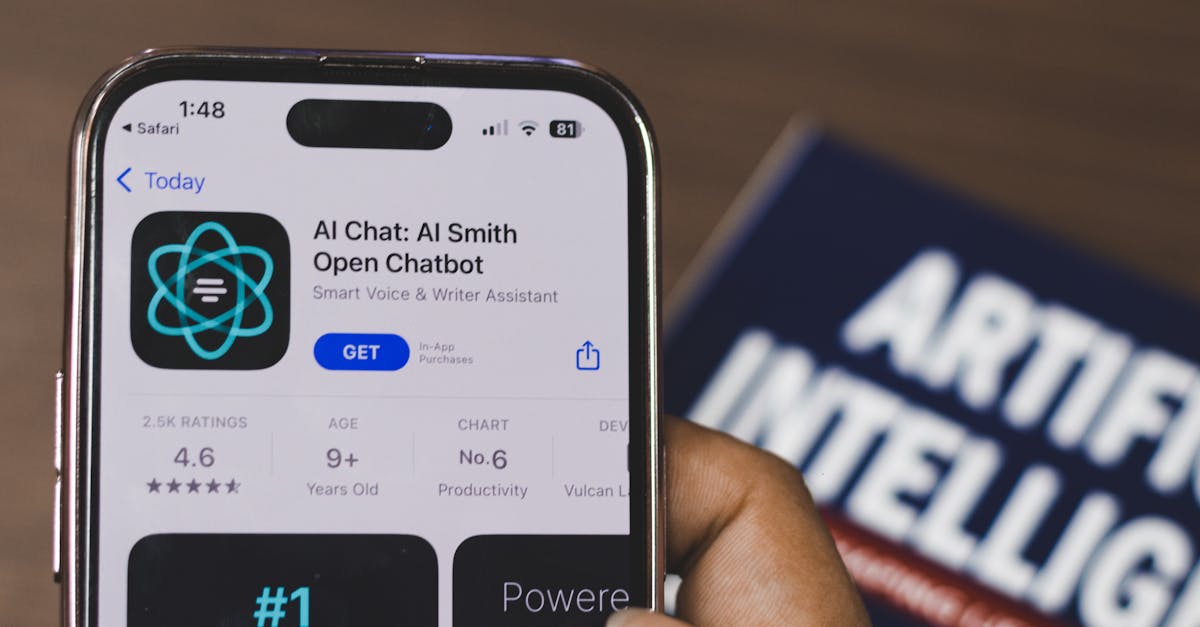
Introduction
Artificial Intelligence (AI) has progressively infiltrated our daily lives, from voice-activated assistants to autonomous vehicles. As technology advances, AI continues to offer solutions that enhance convenience and efficiency. Understanding its role in various domains helps appreciate its growing presence and potential to create smarter cities.
Chatbots Enhancing Communication
Chatbots have revolutionized communication by providing immediate responses and handling multiple queries simultaneously. Popular platforms like Facebook Messenger and WhatsApp utilize chatbots for customer service, helping businesses to engage with users 24/7. These AI-driven conversational agents improve user experience and streamline communication processes.
Voice Assistants in Homes
Devices like Amazon Echo and Google Home have redefined home automation with AI-powered voice assistants. These tools allow users to control smart home appliances, set reminders, and access information through voice commands. As a result, households have become more interactive and responsive, enabling a seamless lifestyle.
Personalized Recommendations
AI algorithms power personalized recommendations on platforms like Netflix and Spotify, providing users with customized content. By analyzing browsing patterns, viewing history, and preferences, AI delivers suggestions tailored to individual tastes. This not only enhances user experience but also increases engagement with the platform.
AI in Healthcare Innovation
The healthcare sector benefits significantly from AI through diagnosis and treatment recommendations. AI systems can analyze medical records, recognize patterns, and predict potential health issues. These technological advancements improve patient outcomes, streamline workflows, and optimize resource utilization in healthcare facilities.
Self-Driving Cars on the Roads
Self-driving cars represent a monumental leap in AI application, aiming to enhance road safety and transport efficiency. Companies such as Tesla and Waymo are pioneering this revolution by testing fully-equipped autonomous vehicles. As the technology matures, these intelligent vehicles could reduce accidents and transform urban commuting.
Impact on the Job Market
As AI automates routine tasks, discussions about its impact on the workforce have emerged. While some jobs may become obsolete, AI also creates opportunities in tech development, data analysis, and system maintenance. This shift necessitates the adaptation of education and skill development to meet the evolving job market demands.
Challenges in AI Implementation
Despite its benefits, AI implementation presents several challenges including privacy concerns, security fears, and ethical issues. Ensuring that AI applications are transparent and aligned with ethical standards is crucial. Moreover, establishing regulatory frameworks that balance innovation and protection is essential for responsible AI deployment.
Future Prospects of AI
The future of AI promises to introduce even more innovative solutions in various sectors. From enhancing personalization to developing smarter cities, AI's potential is vast. Continued investment in research and collaboration between stakeholders will drive AI advancements, contributing to a positive societal impact.
Summary and Conclusion
In conclusion, AI has woven itself into the fabric of everyday life, enhancing convenience and efficiency across diverse domains. From chatbots improving customer interactions to the transformative potential of autonomous vehicles, AI continues to redefine possibilities. As society navigates the AI journey, a balance of ethical adoption and innovation will pave the way for a smarter future.